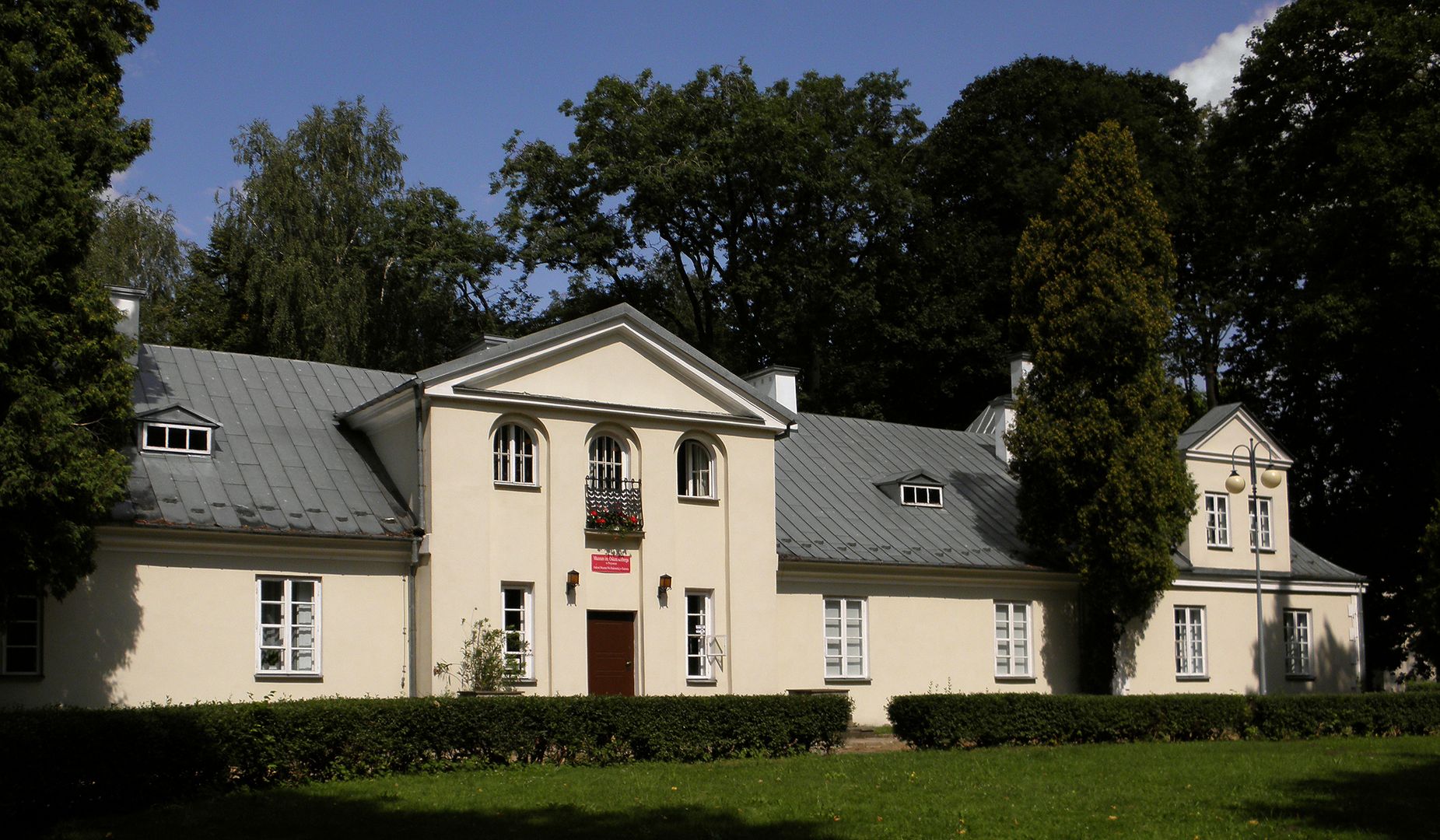Przysucha
6.84

Overview
Przysucha, a town located in the Masovian Voivodeship, is also the capital of Przysucha County, distinguished by its rich history and diverse architecture. After the first mentions of the settlement in 1415, Przysucha developed as a significant industrial center, particularly in the 17th and 18th centuries, when paper mills and mining-metallurgical plants were established. The town received its city rights in 1710, which contributed to an influx of craftsmen, and its development was facilitated by its location along National Road 12, enhancing its attractiveness for investments. Architecturally, Przysucha offers interesting monuments, such as the classicist Church of St. John Nepomucene and an 18th-century synagogue, which are important elements of cultural heritage. It is also worth noting the historical Jewish presence, which began in the 18th century when a Jewish district and synagogue were established in Przysucha. During World War II, the town suffered significantly; German occupation brought destroyed buildings and the creation of a ghetto for the Jewish community. After the war, in the 1950s, Przysucha regained its city status, with population growth driven by the development of local industry. Interesting facts about the town include the existence of the first cooperative school in Poland and the activities of the Municipal Sports Club "Oskar," which has a long sports tradition. Today, Przysucha continues to cultivate its heritage by preserving its historical architecture and engaging in cultural, educational, and sports activities, remaining an important location in the region.
Location
2026 Wizytor | All Rights Reserved